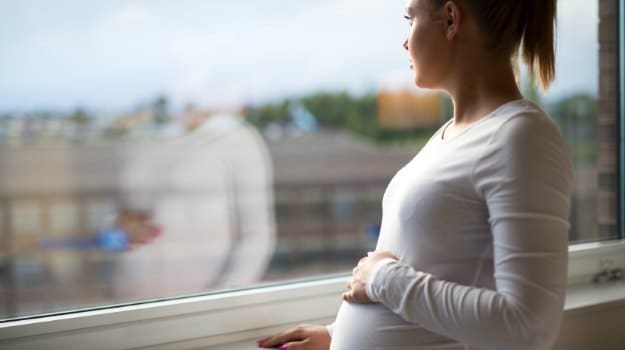"We did not find evidence of an adverse association of maternal pregnancy caffeine consumption with child cognition or behaviour at four or seven years of age," said principal investigator Mark A. Klebanoff. Researchers analysed a marker of caffeine in the blood of 2,197 expectant mothers who took part in the Collaborative Perinatal Project, conducted at multiple sites in the US in 1959-74. According to the researchers, this was an era when coffee consumption during pregnancy was more prevalent than today, as there was little concern regarding the safety of caffeine. Researchers looked at the association between a chemical called paraxanthine, caffeine's primary metabolite, at two points in pregnancy.
They compared those levels to the child's IQ and behaviour at four and seven years of age. Researchers found there were no consistent patterns between maternal caffeine ingestion and the development and behaviour of those children at those points in their lives. "Taken as a whole, we consider our results to be reassuring for pregnant women who consume moderate amounts of caffeine or the equivalent to 1 or 2 cups of coffee per day," said co-author Sarah Keim.










